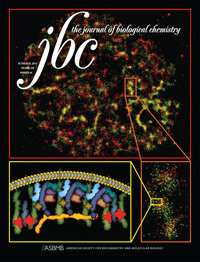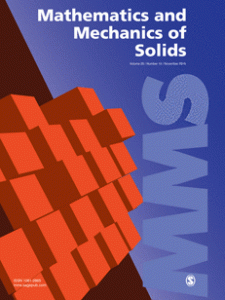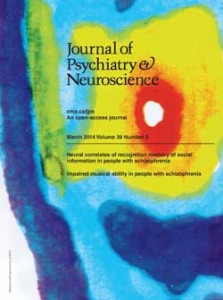 An article about a dietary plan to help people lose weight has been retracted after other researchers raised concerns, and the authors failed to provide the data that supported their findings.
An article about a dietary plan to help people lose weight has been retracted after other researchers raised concerns, and the authors failed to provide the data that supported their findings.
The retraction is accompanied by a Letter to the Editor by a group of outside researchers — including David Allison at the University of Alabama at Birmingham — who noticed “several substantial issues with data and calculations.” For instance, before the experiment even started, the two groups had very different weights: The control group averaged 96.5 kg, and the test group 91 kg. According to the letter, that difference is striking: Continue reading Food article pulled when authors can’t serve up data



 Thirteen papers in Mathematics and Mechanics of Solids now have an expression of concern, after it came to light that an author on most of the papers coordinated the peer-review process.
Thirteen papers in Mathematics and Mechanics of Solids now have an expression of concern, after it came to light that an author on most of the papers coordinated the peer-review process.
 An investigation at the University of Illinois at Chicago has found “a preponderance of evidence” that a psychiatrist who has received millions of dollars in federal funding has committed misconduct.
An investigation at the University of Illinois at Chicago has found “a preponderance of evidence” that a psychiatrist who has received millions of dollars in federal funding has committed misconduct.
 An open-access journal with a speedy peer review process has been having some issues with a retracted article on the biology of sex addiction.
An open-access journal with a speedy peer review process has been having some issues with a retracted article on the biology of sex addiction.